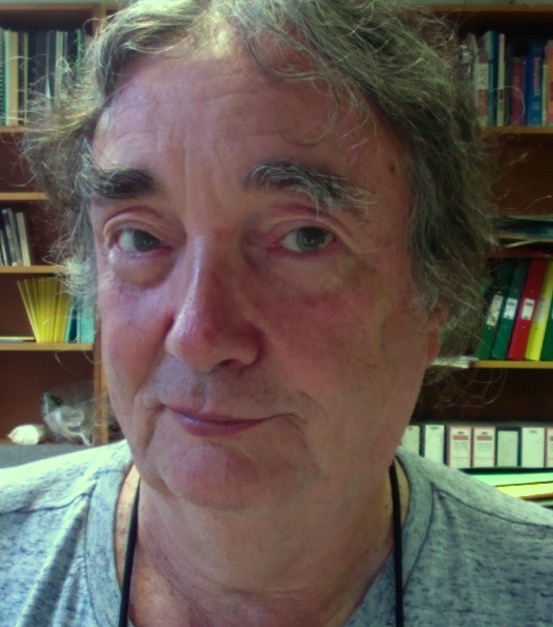Matt Barr, School of Computing, University of Glasgow.
Slides:
PDF
What the talk lacked, was specific cases (of AL) analysed in detail.
My suggestion now is, that there is much to be gained by writing out the ILOs
(Intended Learning Objectives; or rather, the designer's aims for the
activity) for each specific "active learning" activity, either already
implemented or in preparation. This brings out the complexity of good
designs; the diverse things that may be gained; and how much is usually
implicit in the practice of excellent teachers.
I've done one of these for an AL by Joe Maguire, and hope to post that here
when written up.
I think a good follow-up CCSE session would be to present one or two
or three of these worked cases.
My sense is, that the space of possible ALs is huge; that only a fraction of
them will work well; but that we can understand more by analysing the
successful ones.
Steve Draper,
School of Psychology,
University of Glasgow.
Audio recording:
mp2 file
Related material:
Abstract
Matt Barr and Steve Draper will offer a discussion of what "active
learning" is or should be. Elements covered include:
Self-review after the event (post-mortem)
#pm
The presentation provided a quick tour of some theories about
"active learning". While many people / papers do not have a clear and defined
view about what it is, other than not "simply lecturing", not all "AL"s are
the same either in format or in learning gains.
Some important differences between types have been established experimentally.
The references for the talk
allow those interested to follow up on this.

